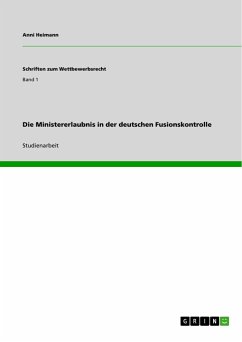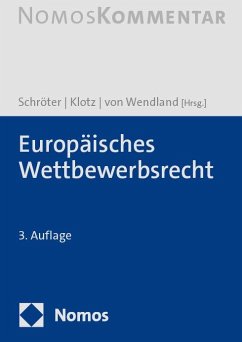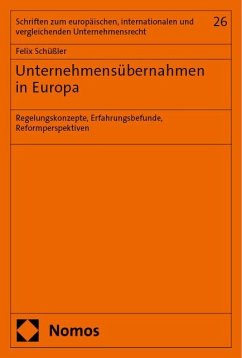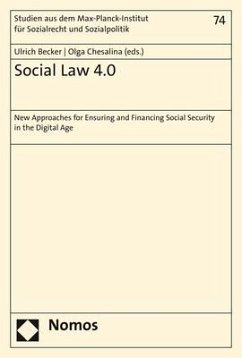Nicht lieferbar
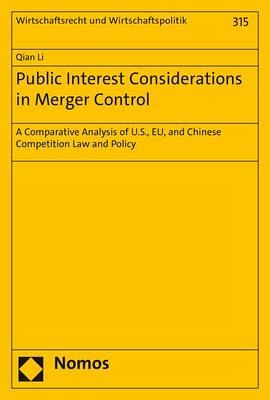
Public Interest Considerations in Merger Control
A Comparative Analysis of U.S., EU, and Chinese Competition Law and Policy
Versandkostenfrei!
Nicht lieferbar
Although more jurisdictions have converted to competition-based merger control rules, public interest considerations, i.e., non-competition-related considerations, still play a significant role. This work examines and compares their roles in merger control of the USA, the EU and China. These considerations have been taken into account in all three jurisdictions but to varying degrees. The convergence of the US and EU to the consumer welfare path has created international competition norms that public interest considerations would not be accepted to a high degree. Such norms might be challenged...
Although more jurisdictions have converted to competition-based merger control rules, public interest considerations, i.e., non-competition-related considerations, still play a significant role. This work examines and compares their roles in merger control of the USA, the EU and China. These considerations have been taken into account in all three jurisdictions but to varying degrees. The convergence of the US and EU to the consumer welfare path has created international competition norms that public interest considerations would not be accepted to a high degree. Such norms might be challenged by China that has adopted a development path. Finally, this work proposes a three-approach regime to rationalize public interest considerations.






